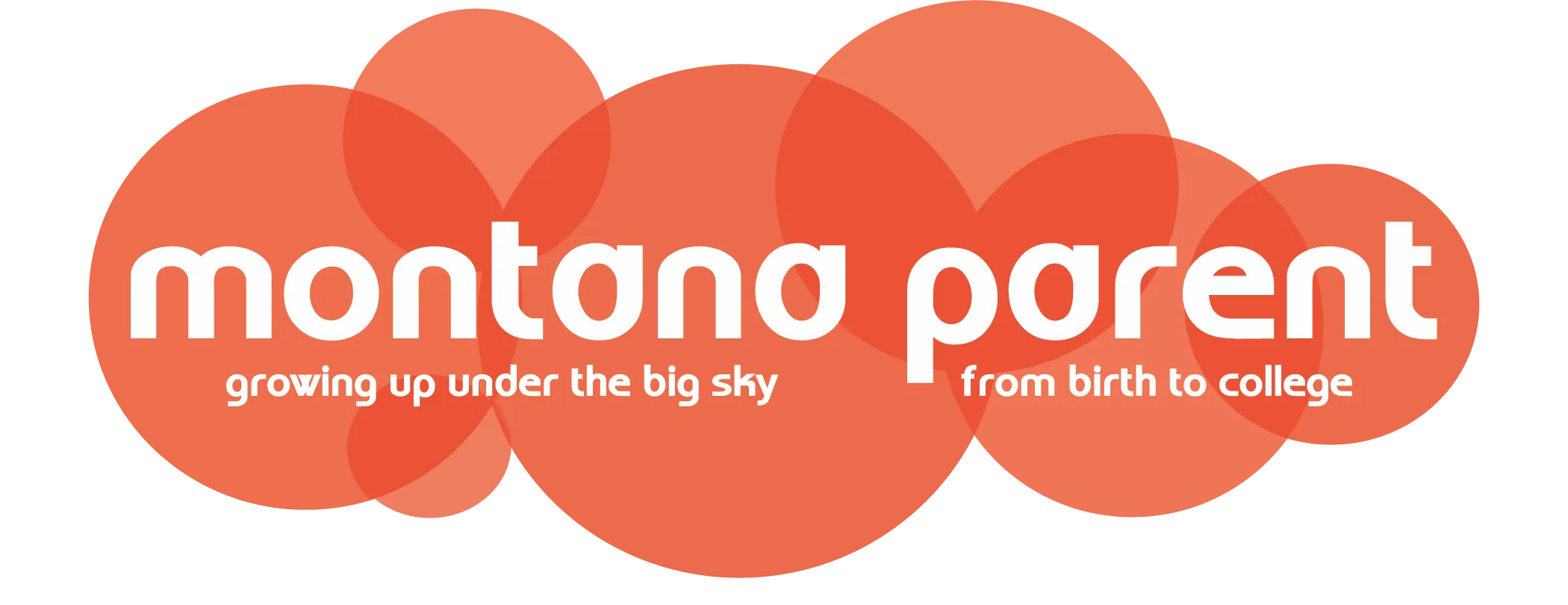Going Rate
May 26, 2015
Posted By: Shaunescy
By Shane Borrowman
My son is obsessed with Pokemon cards. There are worse things. I guess.
Before now, his vices were carried by his parents and grandparents—the occasional videogame, for example, or a DVD. Manageable costs for items that he and I both enjoyed (the games) or that were, in some ways, for the whole family (all those movies that sit on a shelf and gather dust in this new age of streaming video). Pokemon is different. Pokemon is for him alone. Because of Pokemon, John needs money.
At ten, he doesn’t get a formal allowance. That’s a conundrum for a guy who suddenly needs cash for cards.
Last week, he posted his thoughts on possible chores and the compensation for each on the whiteboard where we normally keep track of groceries: “Will pick up dog poop for $5” topped the list, while “Will fold small loads of clothes for $.75 otherwise $2.” Not a bad place to start the negotiations, really, and he’s right to organize the list as he did; any chore involving poop should pay better than other tasks. And if I agreed to that first suggestion, then the rest of the prices for services rendered seemed more than fair. (It’s the same logic I used to encounter when I bought suits: First the salesman would convince me that a $350 jacket was a great deal…and after that, a $50 shirt and a $35 tie seemed quite modestly priced. Leading with the most expensive product threw the whole set of transactions out of perspective.)
As I admired John’s list, I realized something: I don’t have a clue how much kids get for an allowance in 2015. It’s not something I want to ask other parents, either. This is one of those weirdly touchy subjects, given that, at ten, my twins have friends who carry iPhones and other friends who already parrot their own parents’ stern thoughts on money management.
Thinking through this situation, and doing a bit of reading, I quickly realized what a financial quagmire this truly is.
Some experts recommend discussing the matter with children and setting the weekly amount wherever they think it should be. That is not happening.
Other experts suggest that a formula be applied: either a half-dollar or $1 per week per year of age. That seems more reasonable; it would leave my John and Samantha bringing in either $5 or $10 each. I’m not quick at math, but the bigger picture that comes out of this simple formula freaks me out a little. Two kids. Four weeks in a month. At the lower formula, I’m left paying a total of $40/month…$80/month at the more generous level.
A modified approach makes most sense to me:
I find I’m willing to pay $5/week…as long as there’s clear agreement on what the $5 covers: Clean bedrooms, made-up beds, folded laundry that gets put away properly, full cooperation with the weekly cleaning we put the house through. Those are the baseline tasks that must be completed in order to help the household continue to function; I’m comfortable paying $5 as long as those tasks are completed without prompting and without (much) complaining.
That $5 provides a baseline, a foundation upon which other payment scales can be built. So while I fully agree that dog-poop removal is among the worst of the tasks that need to be done, it’s not so bad that it is the equivalent of an entire week’s pay.
I’ll talk this through with the kids, once Sam’s home from camp and John’s home from spending the night with a friend. We’ll write down the rules, avoiding disagreement later. We’ll include information about fees and penalties.
As I was thinking through all of this, though, an entirely separate discussion was taking place on the whiteboard. John posted his suggested rates. Samantha immediately undercut him, offering to clean up the lawn for $1. In her estimation, taking out the garbage was worth $2, while setting the table for dinner was a $3 task. This seems less logical…except that Sam had another driving force. John wanted money for Pokemon cards. Sam wanted to keep him from making money; financial gain in its own right, for its own sake, is a secondary interest for her.
My wife wrote the most important words beneath all of this, ending the debate and teaching a lesson in the logic of capitalism: “No agreement. The employer sets the wage.”
She’s right. We’re the shop bosses here, wielding all the money and holding all the power. We’ll decide who gets paid how much for what.
But the kids know one great truth of capitalism, too: That lawn needs to be cleaned, and dog poop is gross.
It’s not $5 gross, not when we have only one small dog, but it’s gross enough that I’m ready to pay someone else to pick up the shovel.
----------------------
With Love, Dad
Shane Borrowman is a native of Anaconda, father of twins, and professor of English at The University of Montana Western. He has published on a wide range of topics, including the development of boxing in Renaissance England, medieval Arabic philosophy, and American zombie films. He is editor or co-editor of four writing textbooks and six collections of original scholarship. Visit http://www.shaneborrowman.com , home of Shane's blog, Kairotic Palaver.














